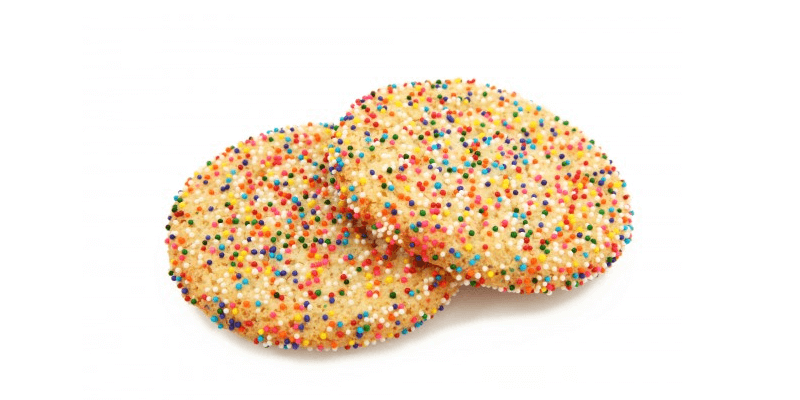There’s a witch flying round in the cold night sky of January, soaring over the houses of children while they sleep with her old broomstick zigzagging as she goes. But this is no horror story or Tim Burton creation, this is the Befana – part of Italy’s holiday tradition since the eighth century.
The story goes that as the Three Kings made their way to bring their gifts of gold, frankincense, and myrrh to the baby Jesus, they became lost. Knocking on the door of a lone elderly lady they asked for shelter. So kind and helpful was this woman that the wisemen asked her to join them but she refused saying that she had much housework to do.
But the more she thought about the baby Jesus the more she regrated her decision. So, she filled a basket with gifts for the baby and left to follow the kings. However, she was too late and never found either the kings or Jesus, but she did stop to give her gifts to all the children she found along her way because the goodness of the Savior is found in every child. Every year she goes out on the night of the Epiphany leaving treats for children as she searches for the holy child.
Celebrated in certain regions of Italy today, the Befana brings all good children treats or toys while those who weren’t so good usually receive a lump of coal or even onions or garlic. On the night of the Epiphany families will leave a small glass of wine for the old witch – to keep her warm – and a bite of food. It is also said that sometimes she will sweep the houses of the families with good children.
On that day, considered to be the official end to the holiday season in Italy, there are often special treats such a Befana cake and these small biscotti called Befanini.
Here is the Recipe for the Sweet Befanini
In Italy the saying goes that the Epiphany all the holidays take away, but there is still time to enjoy the last of the treats, such as these famous Tuscan Befanini cookies.
Befanini
Originating in the areas of Lucca and Viareggio, Befanini, so called precisely to commemorate the January 6th holiday, are currently widespread in much of Central Italy, still prepared according to the traditional recipe on Epiphany Eve.
Made in various forms reminiscent of the symbols of the holidays, from the stocking to the Befana, from the broom to the comet, from the angel to the fir tree, the small cookies have ancient roots: prepared by Tuscan housewives and carefully packaged in colorful packages, they were the subject of a true annual ritual, during which there was a widespread custom of giving them to one’s family members and children, the latter often invested with the task of delivering them.
Golden, fragrant and colorful, the little treats are prepared with a few simple ingredients, presenting a base of shortbread flavored with rum or anisette, with the addition of grated orange or lemon peel, capable of giving a unique and unmistakable fragrance. The result is an intoxicatingly fragrant cookie with a soft and fluffy texture, decorated with a covering of sweet colored sprinkles.

The Recipe for Befanini Biscuits
Ingredients
Preparation
In a large bowl mix flour, sugar, baking powder, salt, and orange zest with 3 eggs, leaving the fourth egg aside to brush on the cookies. Add butter, rum and knead until smooth, firm and soft. If the dough is a bit dry, add a drop of milk.
Let the dough rest in the refrigerator, wrapped in plastic, for about 30 minutes. Now roll out the dough with a rolling pin on a floured surface to a thickness of 4-5 mm, then cut with cookie cutters. Beat the remaining egg with a fork, brush the cookies and decorate them with colored sprinkles. Then lay them on a baking sheet lined with baking paper and bake them at a temperature of 180° for 15-20 minutes.